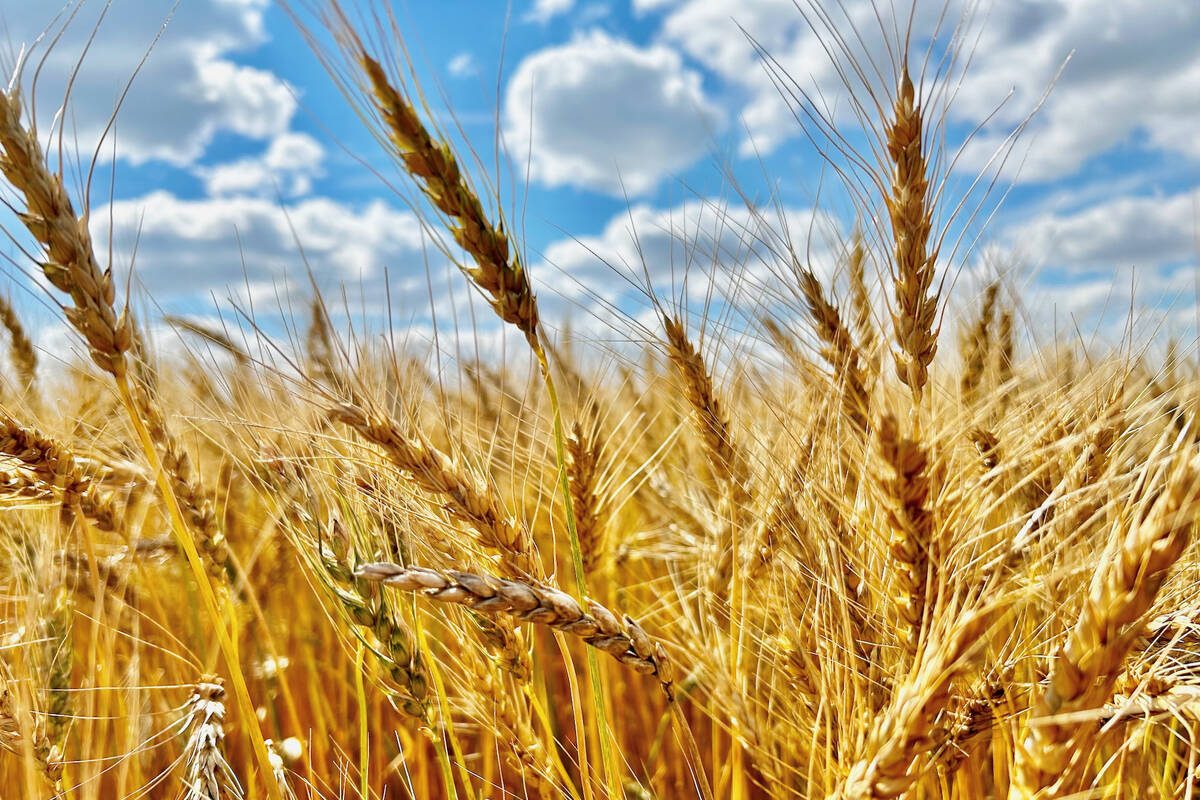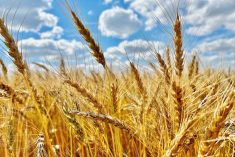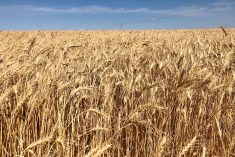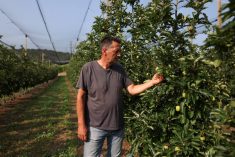London | Reuters — An agriculture bill will be introduced in Britain’s parliament on Thursday, with funding for the industry increasingly linked to tackling environmental challenges as the country develops its own farm policy for the first time in decades.
Britain currently abides by the EU’s Common Agricultural Policy but is set to leave the European Union at the end of this month. There will be a seven-year transition period for farmers in England to adjust to some subsidies being phased out.
“This is one of the most important environmental reforms for many years, rewarding farmers for the work they do to safeguard our environment and helping us meet crucial goals on climate change and protecting nature and biodiversity,” farming and environment minister Theresa Villiers said in a statement.
Read Also

Expana lifts EU cereal forecasts, maize exceeds expectations
Expana has raised its monthly grain production forecast for European Union crops for the 2025/26 season, projecting soft wheat output will hit a record high and barley a 17-year high.
The changes will link payments to providing “public goods.”
Public goods include actions to mitigate climate change, measures to support wildlife and improving the health and welfare of livestock.
Under the EU’s farm policy, British farmers currently receive about three billion pounds (C$5.1 billion) a year in public funds.
Some of the money is already linked to participating in environmental schemes, but there are also annual payments based on ownership of agricultural land.
For some farmers such payments can represent up to 70 per cent of their income.
Policies may differ in Scotland and Wales, where devolved administrations control farm spending.
— Reporting for Reuters by Nigel Hunt in London.










